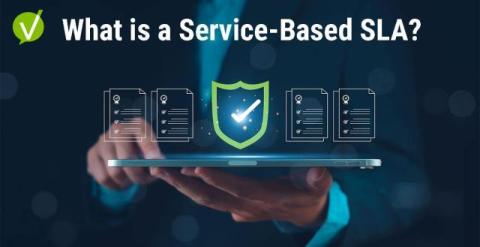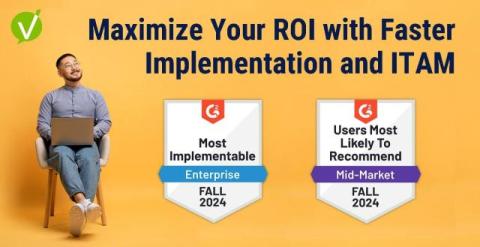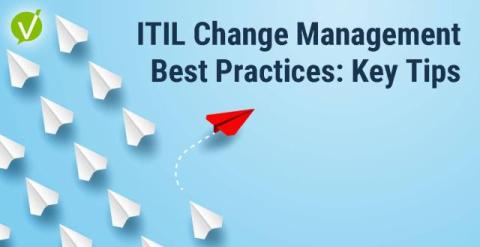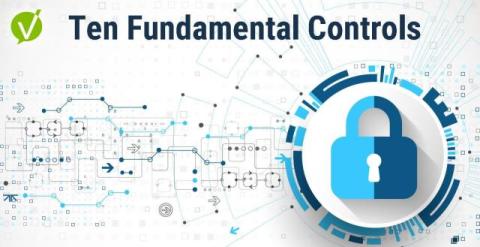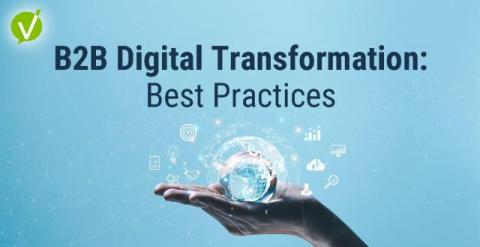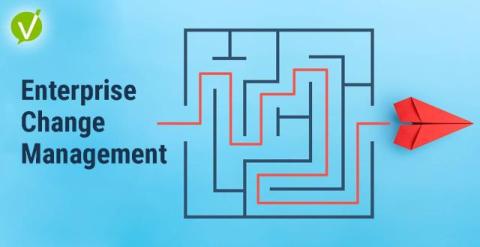What is a Service-Based SLA? Best Practices for Service Providers
A Service Level Agreement (SLA) is a formal contract between a service provider and the customer that defines the service levels to be delivered. A Service-Based SLA specifically refers to an agreement that covers one standard level of service across all customers receiving that service. This type of SLA is common in industries where a provider delivers the same service, such as cloud or network services, to multiple clients under similar terms.


